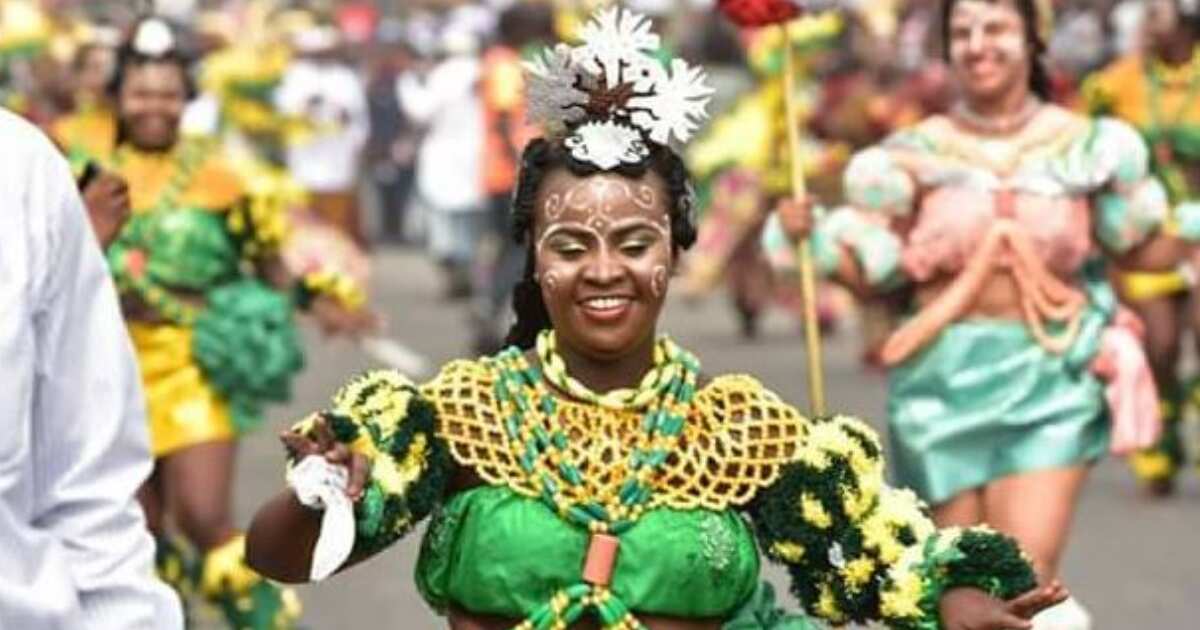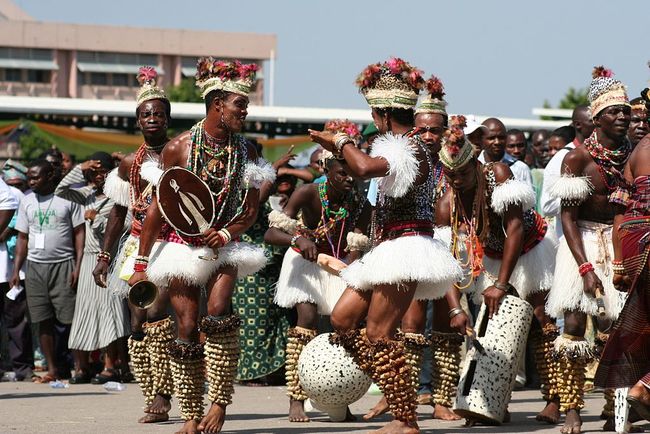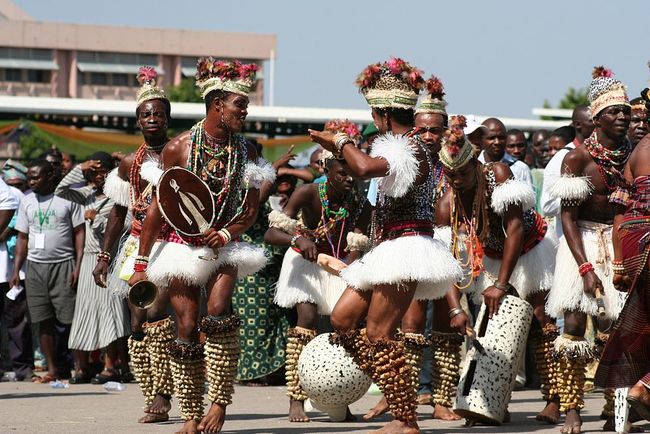An ethnic group or ethnicity is a grouping of people who identify with each other based on shared attributes that distinguish them from other groups such as a common set of traditions, ancestry, language, history, society, culture, nation, religion, or social treatment within their residing area. Cross River is one of the states in Nigeria with diverse groups.
The state is in the south-south of Nigeria and derives its name from the cross-river which passes through the state. The river derives its source from the Cameroon Mountains and flows southward, forming much of the state’s western border; it is an important commercial artery mostly in the rainy season.
Major Ethnic Groups in Cross River Highlighted
The State is composed of several ethnic groups, which include Efik, Ejagham, Yakurr, Bahumono, Bette, Yala, Igede, Ukelle, Utukwang [Utugwang], and the Bekwarra. But the three major ethnic groups are; Efik, Ejagham, and Bekwarra and that are what we shall highlight. There is also a small percentage of Ibibio speakers.
The Efik
They occupy the basins of the Lower Cross River, down to southwestern Cameroon including Bakassi, the Calabar River, and down to its streams, the Kwa River, Akpayafe (Akpa Ikang), and the Eniong Creek.
Dressing and Dance
Efik boasts of two main types of native wedding attire called Ofod Ukod Anwang and Onyonyo.
Different types of Efik traditional attires are worn based on the occasion; some are used exclusively for events like the Ekpe masquerade festival or wedding, to perform traditional dances like the Ekombi, Abang, etc.
The kombi is a colorful dance that is precise and said to be a rhythmic adaptation of the movement of sea waves.
The Abang dance is regarded as a dance of beauty and femininity. Dancers are usually decorated with bird feathers fastened to flexible cane stems called Basin with a special headpiece called Ibuot Abang.

Additionally, these dancers are adorned with multiple strings of colorful beads around their neck called Nkwaesit Itong and some across their shoulders, called Anana Ubok as well as colorful raffias (Ekpaku Ubok) worn on the hand, along with Mkpat Etim, which are worn on the leg with bells.
Religious Beliefs and Leadership
The Efiks believe in a supreme creator- Abasi who is God, they also believe in ancestral and other supernatural beings, magic, sorcery, and witchcraft.
They have the Obong who is the paramount leader elected from among the heads of various Houses, he traditionally exercises his authority as head of the Ekpe (Egbo) or Leopard society who performs ritual propitiation of forest spirits to ensure the well-being of the community.
Food
They are located by river banks/creeks and so their nutritional culture is derived from the seas. The Source of protein is mainly fish but occasionally from meat captured both from waters and forests.
Their waters for drinking and sundry uses are obtained from rivers, creeks, streams, and springs. Efik porridge dish made from cocoyam, water yam, or a mixture of both is called Ekpañ-ñkukwọ.
Read this – All the major ethnic groups in Rivers State ranked
Yam and cocoyam are also made as swallow to be eaten with different kinds of soup including their famous edikañ-ikọñ soup, afañ soup, editan soup, abak soup, fish slurry, white soup specifically for pounded yam.
The Ejagham
Ejagham is derived from a sacred lake- Ijagham is believed to be the cradle of the Ejagham people. This lake can be found within the Ejagham territory in Cameroon. The lake derived its name from the expression Ejak (“let’s clap”).
Ejaghams are the Ekoi tribe and speak the Ekoi language, an offshoot of the Bantu Race and tongue. They are known for their Ekpe headdresses, sculpture, and the Nsibidi text.
They dance the Moni-Nkim dance.

The Nkim Tradition is an institution for the ’’Coming of age’’ for Ejagham maidens, while the dance is the ‘’Outing ceremony’’ to signify the successful orientation into womanhood and possible motherhood.
The Moninkim Dance is often performed by Maidens and young women with male musicians and communal participation.
Dressing
Moninkim Dance employs elaborate and colorfully combined costumes for increased visual appeal.
The Materials and manner of use convey particular meanings like virginity, purity, fertility, fidelity, humility, dependability, and ability. In costuming Moninkim, all attempts are made to reveal her body in conformity with these virtues in focus.
The costumes which are usually very elaborate require care and time to adorn. They are made up of mainly symbolic fabric (ekwi and mbua ndibi) dyed and woven raffia-Asak and Mkpone (signifying innocence, youth, and peace) or woolen bands, beads, rattles, jingle bells, cloth belts, neckpieces ( Ndigi Ntung; a Necklace made of twine or wool Uko).
The Bekwarra
Bekwarra is a Local government in Cross River State with its headquarters located in the town of Abuochiche. To the East, it is bounded by Obudu local government, to the North by Benue State, to the South by Ogoja, and to the West by Yala local government.

Bekwarra people are known for farming, most especially for the production of groundnut. Other crops grown in the locality include rice, maize, yam, cassava, pineapple, plantain, and banana. They also hunt and trade.
They have an annual cultural festival called the Ipem Ihihe (new yam) festival held every first Saturday of September. They have five market days: Ugbada, Uchaga, Ugidi, Udama, and Achaya.
There is also the Bette people, a minor ethnic group in Cross River State. They live around Obudu area. Others groups include the Utugwang, Alege, Ukpe, and Ubang.
By Grace O
Connect with us on Facebook

